All the cultural wealth of the countries of the Indian Ocean: the customs of the countries, their way of working and communicating
What culture for the Indian Ocean?
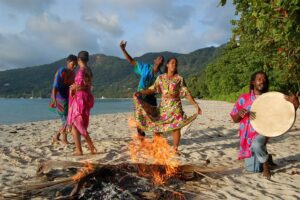 Land and sea routes were used by travelers who practiced Buddhism, Christianity, Islam, Hinduism, Zoroastrianism and Manichaeism.
Land and sea routes were used by travelers who practiced Buddhism, Christianity, Islam, Hinduism, Zoroastrianism and Manichaeism.
Local populations “absorbed” elements of the new cultures they encountered and travelers brought back to their countries of origin with them elements of local cultures which thus spread throughout this vast region.
The Indian Ocean has been known since ancient times.
The fascination of the Indian Ocean quickly appears: it is the Ocean of all riches.
Alexander’s armies crossed it on their return from India. At the time of Cleopatra, the Egyptians brought back pearls and precious stones.

From the Middle Ages, at the time of the Crusades, it became one of the silk, spice and perfume routes. During the Renaissance, via the Cap de Bonne It is the royal road to the riches and splendors of the Eastern Coast of Africa and the marvelous islands of Zanzibar, the Comoros, Madagascar, Reunion, Mauritius and beyond. beyond India and the Far East.
Conquerors, missionaries, adventurers, merchants, traffickers go there to the rhythm of the monsoons. Soon after the Spaniards and the Portuguese, the Dutch, the French, the English created their famous East India companies which founded counters like those of Zanzibar or Diego Suarez.
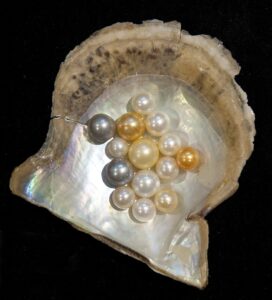 By the Atlantic arrive the Gold and Silver of the new world, by the Indian Ocean the spices, the pearls, the diamonds which make the fortune of Amsterdam or Antwerp.
By the Atlantic arrive the Gold and Silver of the new world, by the Indian Ocean the spices, the pearls, the diamonds which make the fortune of Amsterdam or Antwerp.
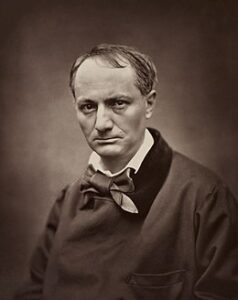 In France, Colbert created the port of Lorient in 1664 to ensure traffic with the Indian Ocean. Now all the major European powers, but especially France and England are fighting for control of the Indian Ocean.
In France, Colbert created the port of Lorient in 1664 to ensure traffic with the Indian Ocean. Now all the major European powers, but especially France and England are fighting for control of the Indian Ocean.
Depending on conquests and political variations, the mythical islands change their names.
During the Romantic era, the Indian Ocean became the Ocean of dreams from Baudelaire to Rimbaud, from Bernardin de Saint-Pierre to Henry de Monfreid.
And now here is an abundance of its cultural riches!
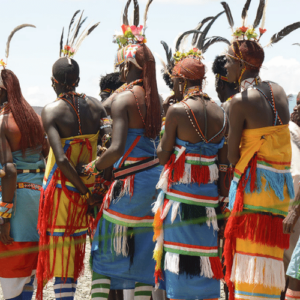
Kenya contributes data to UNESCO’s 2030 Culture Indicators Project on culture’s impact on sustainable development
Kenya contributes data to UNESCO’s 2030 Culture Indicators Project on culture’s impact on sustainable development Approximately 40 representatives gathered virtually to validate data
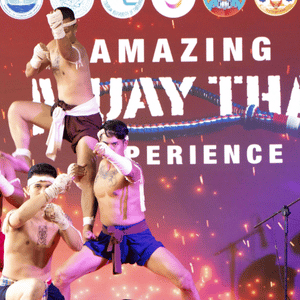
Thailand: Amazing Muay Thai Experience from August to September
Thailand: Amazing Muay Thai Experience from August to September The world-renowned martial art of “Muay Thai” symbolizes a significant aspect of Thailand’s
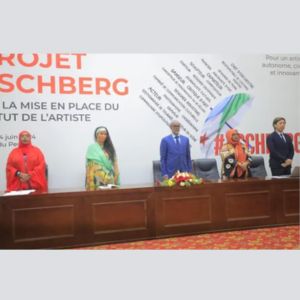
Djibouti promotes artists’ rights with the launch of UNESCO-Aschberg Programme
Djibouti promotes artists’ rights with the launch of UNESCO-Aschberg The programme aims is to develop cultural and creative industries, improve the socio-economic
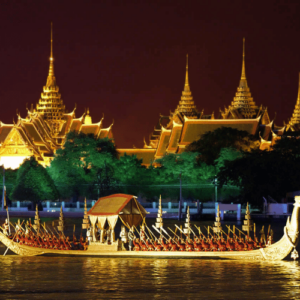
Thailand: The grand Royal Barge Procession scheduled for October 27, 2024
Thailand: The grand Royal Barge Procession scheduled for October 27, 2024 Unique opportunity for public to view Royal Barges and attend rowing

Moring, a traditional art form with deep roots in the Indian Ocean region
The Moring, a traditional art form with deep roots in the Indian Ocean region “Moring” in Reunion is called “M’Rengué” in Mayotte, “Mourengué”

SRI LANKA : Poson Festival 2024 June 21
Sri Lanka: Poson Festival 2024 June 21 Poson Festival marks the introduction of Buddhism to Sri Lanka by a Buddhist monk
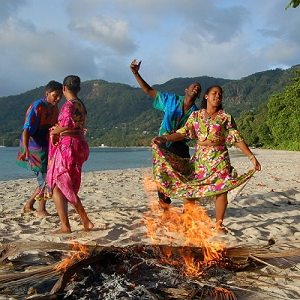
Creole culture: SNICHA launches “Seychelles Cultural Encounters” platform
Creole culture: SNICHA launches “Seychelles Cultural Encounters” platform The Seychelles National Institute for Culture, Heritage and the Arts (SNICHA) has launched two new initiatives to
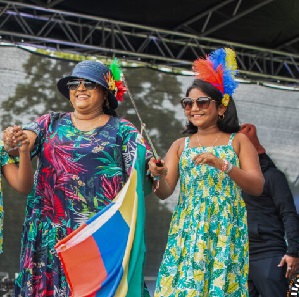
Mauritius Open Air Festival :a feast for all the senses
Mauritius Open Air Festival :a feast for all the senses SUNDAY 14TH JULY The Festival features a lively blend of performances
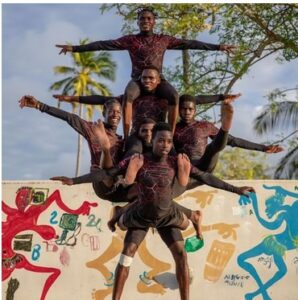
Zanzibar : Seafood Festival, June
Zanzibar : Super Seafood Festival, June This incredible festivities are taking place at Kwendwa Beach usually in June. Brace yourself in the
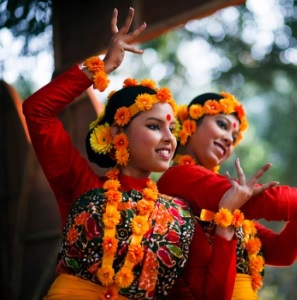
Bangladeshi music rooted in the culture of Bangladesh
Bangladeshi music rooted in the culture of Bangladesh Bangladeshi music is deeply rooted in the rich culture of Bangladesh and is
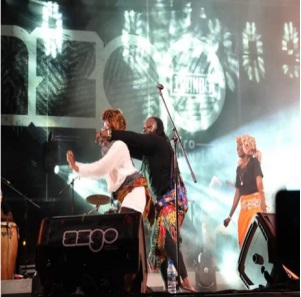
The Azgo Festival : the most renowned international arts festival in Mozambique
The Azgo Festival 24,25 May : the most renowned international arts festival in Mozambique The Azgo Festival is the most renowned

Tanzania : Makonde sculpture origin of modern African wood sculpture
Tanzania : Makonde sculpture origin of modern African wood sculpture The Makonde are an ethnic group living along the Tanzania-Mozambique border.
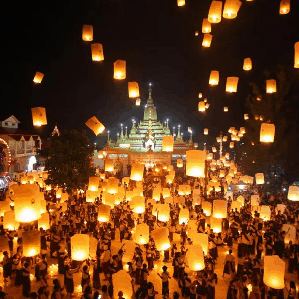
Wesak day in Malaysia on 22 May 2024
Wesak day in Malaysia on 22 May 2024 Wesak is a public holiday in Malaysia traditionally celebrated by Buddhists and can
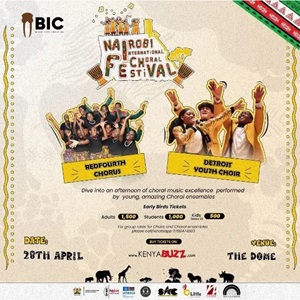
Kenya : The Nairobi International Choral Festival 2024
Kenya : The Nairobi International Choral Festival 2024 The Nairobi International Choral Festival, to be held at The Dome, ASK Showground on
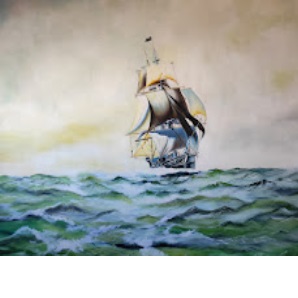
Madagascar : the Pirate Museum in Antananarivo
Madagascar : the Pirate Museum in Antananarivo 300 years ago, sea buccaneers were also active in Madagascar. The Pirate Museum in Antananarivo
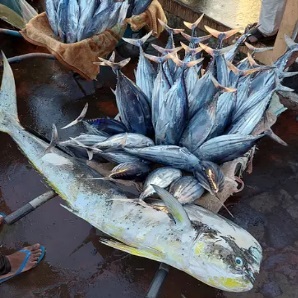
The Comoros Islands form a complex and beautiful cultural mix
The Comoros Islands form a complex and beautiful cultural mix Religion largely structures society, but many customs and social patterns specific to
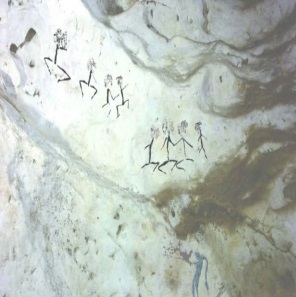
Oldest known figurative painting are in Borneo
Oldest known figurative painting are in Borneo New dating of the rock paintings of the Lubang Jeriji Saleh cave, on the island
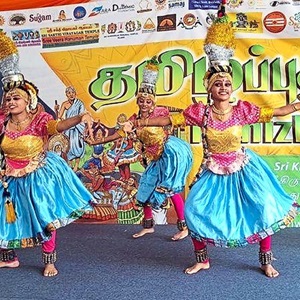
Malaysia : Celebrate Tamil New Year in style at Brickfields
Malaysia : Celebrate Tamil New Year in style at Brickfields Those who enjoy food, music and sports should head to the
Latest posts
- The Zanzibar International Film Festival honors the art of cinema 26/07/2024
- Itsamania, turtles come out of the waters of the Indian Ocean to lay their eggs in the sand 25/07/2024
- Kenya contributes data to UNESCO’s 2030 Culture Indicators Project on culture’s impact on sustainable development 23/07/2024
- Qatar’s Premier Arts & Crafts Festival 22/07/2024
- Ten unmissable hikes on Reunion Island 19/07/2024
- Thailand: Amazing Muay Thai Experience from August to September 19/07/2024
- Madagascar: a new visa-free entry policy for 24 countries, including Malaysia, South Africa and Singapore 17/07/2024
- Reunion Island : First edition in August of the Jazz dann Port festival 15/07/2024
- July 27, the best beach party in Seychelles 14/07/2024
- Djibouti promotes artists’ rights with the launch of UNESCO-Aschberg Programme 12/07/2024
Categories
- Amazing places (80)
- Artistic events (24)
- Australia (30)
- Bangladesh (3)
- Borneo (9)
- Breaking News (207)
- Comoros (7)
- Current exhibitions (4)
- Djibouti (6)
- Ecosystem to preserve (114)
- India (43)
- Indian Ocean News (117)
- Indian Ocean Travel (35)
- Indonesia (22)
- Iran (3)
- Kenya (28)
- Local culture Indian Ocean (92)
- Local gastronomy (34)
- Madagascar (33)
- Malaysia (23)
- Mauritius (16)
- Mozambique (18)
- Oman (12)
- Outstanding local initiatives (28)
- Pakistan (4)
- Qatar (7)
- Reunion Island (24)
- Saudi Arabia (3)
- Seychelles (20)
- Singapore (9)
- South Africa (19)
- Sri Lanka (14)
- Tanzania (14)
- Tasmania (13)
- Thailand (19)
- The Maldives (13)
- Timor Leste (2)
- Tourism News (19)
- United Arab Emirates (9)
- Unmissable hikes (30)
- Zanzibar (11)